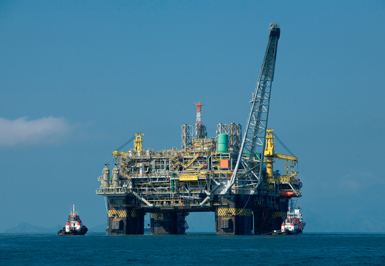James Watson is leaving his position as head of the Bureau of Safety and Environmental Enforcement this year, but he has some advice for ways companies can continue forward before he does. After the 2010 Deepwater Horizon incident, there has been a lot of attention in the oil and gas industries on improving safety conditions for deep-water rigs. However, Watson is concerned that there may have been too much emphasis on this at the cost of examining the risk of shallow water operations.
With a fatal accident last November and an incident just this past July that required the evacuation of more than forty workers, both on shallow water platforms, he may well be onto something. Both of the incidents happened at wells that had been operating for some time.
As he leaves his position as director, Watson urges fuel companies to examine their safety measures on shallow water platforms in close detail. Just because the water is shallower does not necessarily mean a significant difference in risk level, at least if the shallow water platforms are not maintained properly.
The Bureau itself was created after the Deepwater Horizon accident, so it is only natural that it has been focused on changing deep-water platforms, but now the time has come for it to be more thorough in ensuring the safety of all platforms.
If you or someone you love has suffered the consequences of the conditions of maritime work in the Gulf, you should be recompensed for your stress and injury. A Houston Jones Act attorney can help you understand what your options are and how to hold your employer responsible for any unsafe conditions. These cases both get you the compensation you deserve and also improve conditions for other workers.







